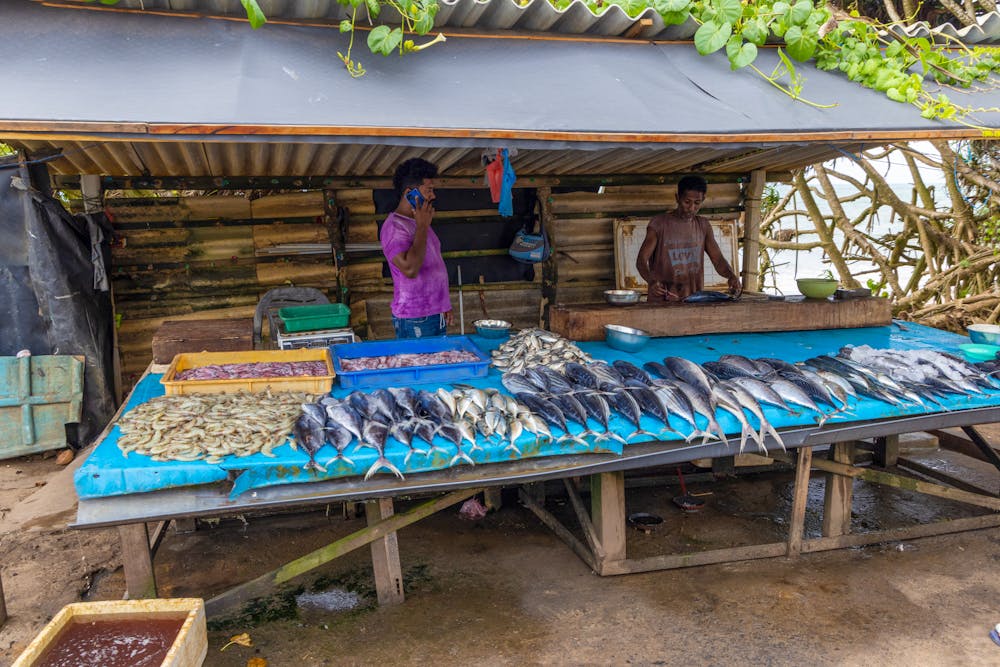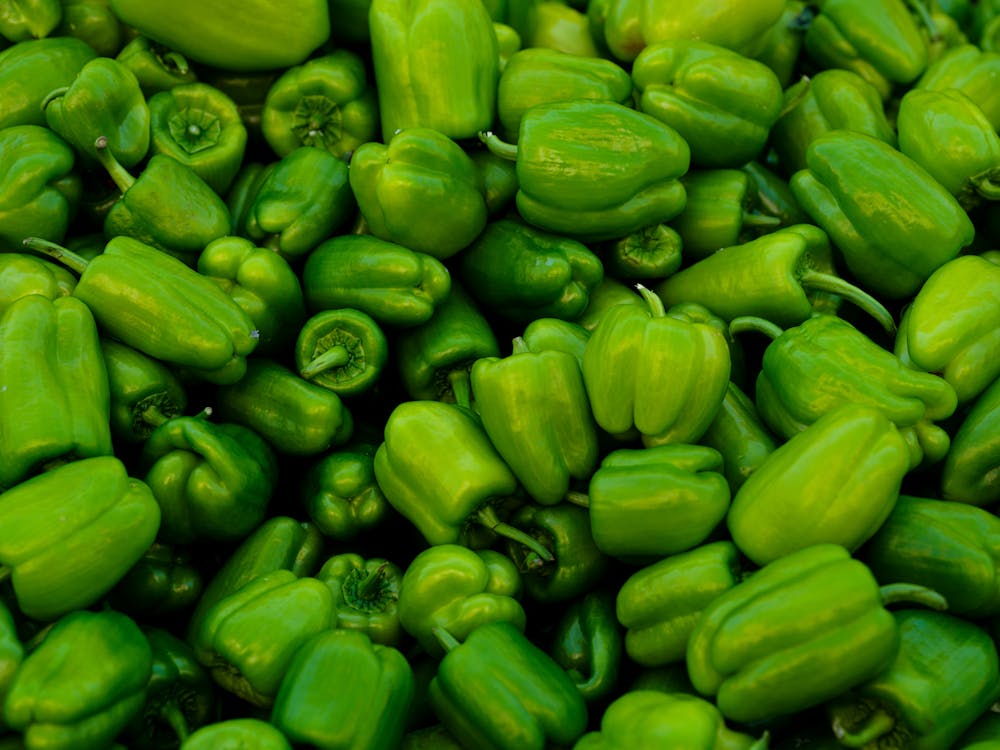Understanding food allergies and navigating dietary restrictions has been a significant aspect of my journey toward maintaining a healthy lifestyle. As someone who has experienced food allergies firsthand, I’ve learned valuable lessons about the importance of awareness, preparation, and advocacy in managing dietary limitations. Here are some insights I’ve gained along the way:
 1. **Identifying Food Allergies:**
1. **Identifying Food Allergies:**
Recognizing food allergies involves paying close attention to adverse reactions that occur after consuming specific foods. Symptoms can range from mild to severe and may include hives, swelling, difficulty breathing, gastrointestinal distress, and anaphylaxis. If you suspect a food allergy, consult with a healthcare professional for proper diagnosis and testing.
 2. **Common Food Allergens:**
2. **Common Food Allergens:**
Some of the most common food allergens include peanuts, tree nuts, dairy, eggs, soy, wheat, fish, and shellfish. It’s essential to carefully read food labels and be aware of hidden sources of allergens in processed foods and restaurant meals.
 3. **Cross-Contamination Concerns:**
3. **Cross-Contamination Concerns:**
Cross-contamination occurs when allergenic ingredients come into contact with foods that are otherwise allergen-free. To prevent cross-contamination, it’s crucial to thoroughly clean cooking utensils, cutting boards, and countertops, and to use separate cooking surfaces and utensils for preparing allergen-free meals.
 4. **Communicating Dietary Needs:**
4. **Communicating Dietary Needs:**
Clear communication is key when dining out or attending social gatherings where food will be served. Don’t hesitate to inform restaurant staff, hosts, or caterers about your food allergies and dietary restrictions. Many establishments are accommodating and willing to provide allergen-free options or modify dishes to meet your needs.
 5. **Reading Food Labels:**
5. **Reading Food Labels:**
Learning to read food labels effectively is essential for individuals with food allergies. Look for allergen statements and ingredient lists that clearly identify potential allergens. Be cautious of terms like “may contain,” “processed in a facility that also processes,” or “made on shared equipment,” which indicate a risk of cross-contamination.
 6. **Alternative Ingredients and Substitutions:**
6. **Alternative Ingredients and Substitutions:**
Fortunately, there are numerous alternative ingredients and substitutions available for individuals with food allergies. Explore allergen-free alternatives such as nut-free spreads, dairy-free milk alternatives, gluten-free grains, and egg replacers in cooking and baking.
 7. **Educating Others:**
7. **Educating Others:**
Raising awareness about food allergies and advocating for inclusivity and accommodation is crucial for fostering understanding and support within communities, schools, workplaces, and social circles. By educating others about the seriousness of food allergies and the importance of allergen avoidance, we can create safer environments for individuals with dietary restrictions.
 8. **Support Networks:**
8. **Support Networks:**
Joining support groups and online communities for individuals with food allergies can provide valuable resources, tips, and emotional support. Connecting with others who share similar experiences can help alleviate feelings of isolation and empower individuals to manage their dietary restrictions more effectively.
 By understanding food allergies and navigating dietary restrictions with diligence and resilience, I’ve been able to embrace a diet that promotes my health and well-being while minimizing the risk of allergic reactions. While managing food allergies can present challenges, it’s also an opportunity to cultivate greater awareness, empathy, and compassion for oneself and others in the journey toward optimal health.
By understanding food allergies and navigating dietary restrictions with diligence and resilience, I’ve been able to embrace a diet that promotes my health and well-being while minimizing the risk of allergic reactions. While managing food allergies can present challenges, it’s also an opportunity to cultivate greater awareness, empathy, and compassion for oneself and others in the journey toward optimal health.



